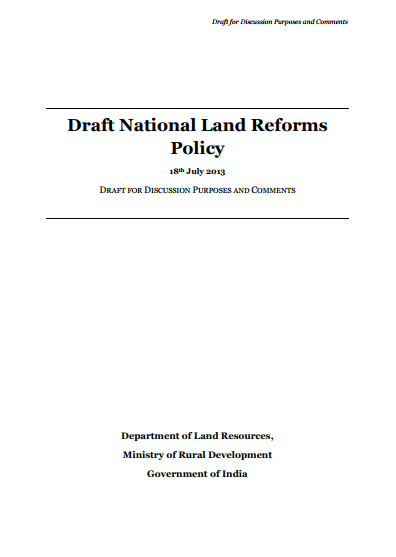Structural Change, Dualism and Economic Development : The Role of the Vulnerable Poor on Marginal Lands
Empirical evidence indicates that in
many developing regions, the extreme poor in more marginal
land areas form a "residual" pool of rural labor.
Structural transformation in such developing economies
depends crucially on labor and land use decisions of these
most-vulnerable populations located on abundant but marginal
agricultural land. Although the modern sector may be the
source of dynamic growth through learning-by-doing and






